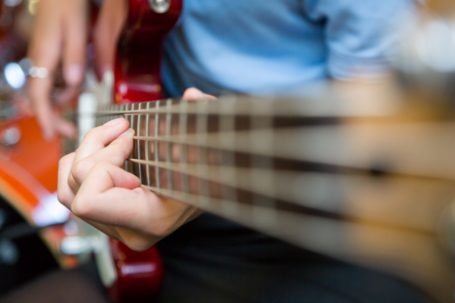Eduqas GCSE Music
Coursework: 60%
Listening Exam: 40%
Coursework requirements:
Performing:
Two performances minimum.
At least 1 minute of ensemble work.
4 minutes’ minimum in total.
Failure to meet the time requirement will result in a score of 0.
Grade 3 is “standard” level.
Music performed above this (accurately) will be awarded higher a level of difficulty mark (up to 3).
Music performed below this difficulty, may have marks deducted (up to 4).
Students will explore four Areas of Study:
AOS1: Form and Devices
AOS2: Music for Ensemble
AOS3: Music for Film
AOS4: Popular Music
Composing:
Two compositions
1: Set to Eduqas brief (released September in the year of examination).
2: Free composition brief.
Compositions should total a minimum of 3 minutes. Failure to meet the time requirement will result in a score of 0.
GCSE Music Students will be introduced to – and study – two contrasting set works.
They will be encouraged to take part in a range of
performing opportunities including:
Rush Hour Recitals, School Concerts, Hop Fest and St. George’s Hall.
Students will develop knowledge of key terms and understanding, extend their theoretical and analysis skills.
Students will begin the compositional process, producing short structured pieces in response to set briefs.




